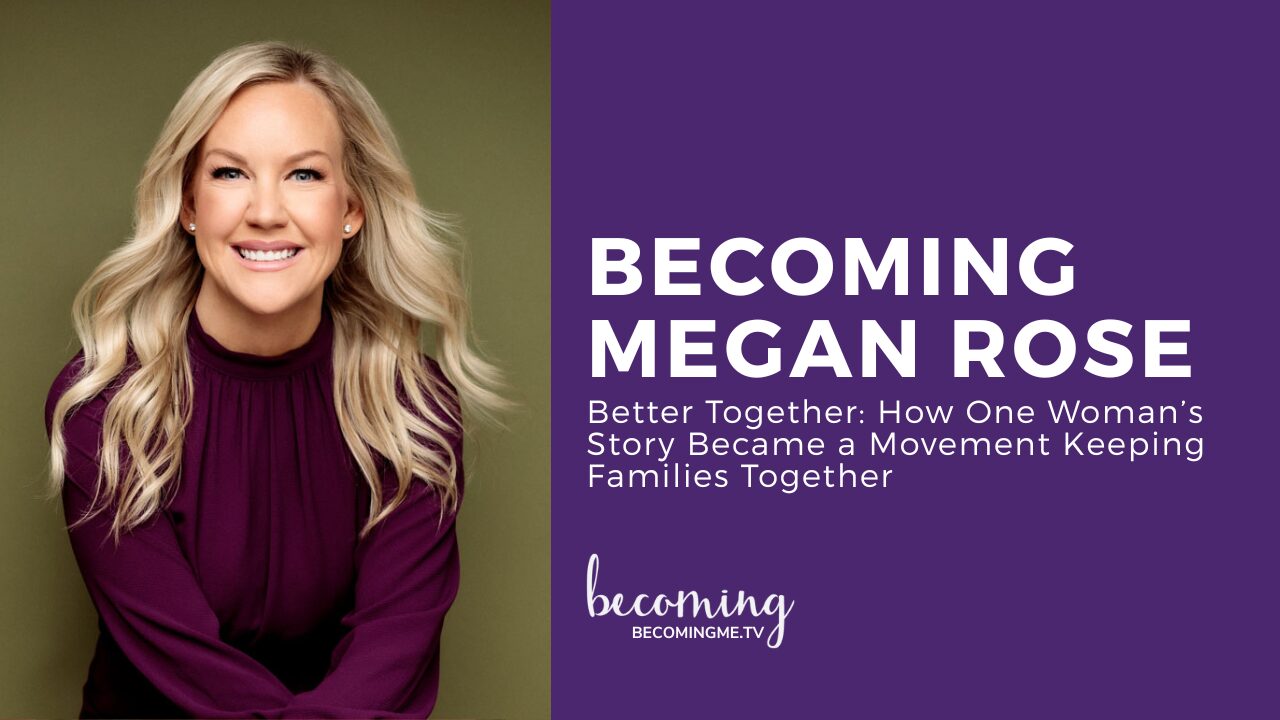The day I was diagnosed with Type 1 Diabetes felt like the end of my life to my 9-year-old self. My life went on, but it was definitely never the same. I remember getting blood drawn at the hospital at 7 AM and then going to school like the day was going to go on as normal. Around 10, just as we were getting ready to go to the school talent show, my parents came to pick me up and take me to Children’s Hospital. After hours on a hard waiting room patient table and the worst headache I’ve, to this day, ever experienced, it was official. I was diagnosed with Type 1 Diabetes.
To many people, this may not seem like that big of a deal. So I have to give myself insulin and eat less sugar… it can’t be that bad! But diabetes really changes your entire life. Every piece of food you put in your mouth has to be accounted for—those midday handfuls of trail mix? Take insulin. That cookie at a work party? Take insulin. That late night snack before bed? Take insulin.
And synthetic is never as good as the real thing. As hard as technology tries, it will never work as well as my actual pancreas would—if it actually worked correctly, that is. On top of that, diabetes impacts your body in ways you can’t imagine. If you don’t take good care of it, even for just a short time, you can end up with hormonal issues, thyroid problems, kidney problems, skin diseases, and more. And you don’t have to be elderly for these things to start happening.
So the weight of all of this was sitting on my shoulders at 9-years-old, and it was all I could do to handle it. The doctor knew I was depressed. My parents knew I was depressed. I spent several years after being diagnosed feeling bitter and anger. I couldn’t understand why I had this, and I couldn’t understand why God hadn’t healed me.
When my sister was diagnosed with Type 1 Diabetes, I knew I had to get control of my attitude. (Trust me, it did NOT happen over night or even in a year.) But somehow, some way, I had to come to peace with the fact that this disease was part of my life now, and accepting it would only help me take care of myself and repair my trust in God.
Accepting peace in the midst of a life-long illness is very hard and is usually much more of a process than a one-time decision. So how do you even start?
- Don’t neglect your spiritual life.
For me, there are some days that diabetes just seems to overwhelm everything else in life. It’s almost like having another job that I have to do while I’m doing my actual job. It is really easy for me to neglect prayer time, devotionals, regularly reading my Bible, especially when I’m feeling like the disease is eating up so much of my time. But I’ve found that the more time I spend reading my Bible and in prayer, the easier it is for me to deal with diabetes in peace instead of anger, depression, and bitterness. That doesn’t even mean that my numbers are always perfect or that I don’t have any problems—but my attitude about diabetes shows through all of my interactions in that day, so the more at peace I am, the better equipped I am to deal with everything that goes in to taking care of myself.
- Be honest with the people in your life about your sickness.
I used to play off diabetes like it wasn’t that big of a deal, and that led a lot of my friends to think that it wasn’t a big deal either. Not only was it dangerous, in case something serious happened with my blood sugar and my friends didn’t know what to do, but it also made it a lot more difficult for them to support me when I was struggling. They didn’t understand because I didn’t let them. It took me years to come to a point that I chose to be honest with my friends about my struggles with diabetes and even my faith in the midst of being diagnosed with diabetes. Once I let them in, they were much more equipped to encourage me and continually point me back to God.
- Find a doctor and team of specialists that you trust and like.
All through college, I saw a doctor who treated me like it was my fault that this had happened to me. He got mad and accusing when I didn’t know why my numbers were off; he didn’t have any compassion towards what I was feeling. He didn’t even believe half of my answers to my questions—he just saw me as a typical college kid that was taking too much advantage of my new-found freedom. His attitude towards me really impacted my willingness to take care of myself and my own attitude about diabetes. When I finally started seeing doctors that I liked, I saw a complete change in my motivation to take better care of myself and keep up with my treatments. In many ways, these doctors helped push me towards the peace that I eventually found in Christ. The expert helping you care for yourself should always be supportive and encouraging. You didn’t choose your sickness, so don’t see a specialist who acts like you did.
Having a life-long sickness or even just a very serious temporary disease can really wreck your faith and your outlook on life if you aren’t choosing peace every day. When I decided to stop beating my fists against God’s chest and just let Him embrace me through the hardships of diabetes, the turmoil and anger and bitterness ceased. It’s not that I never have bad days. But I now have a foundation of peace that prepares me to deal with even the worst things illness throws my way.

